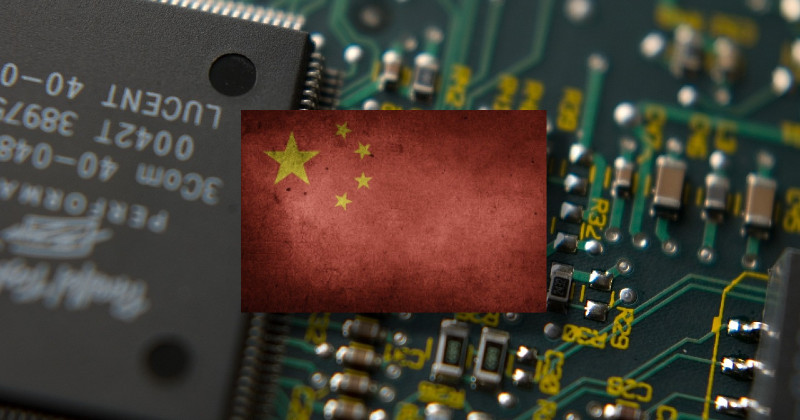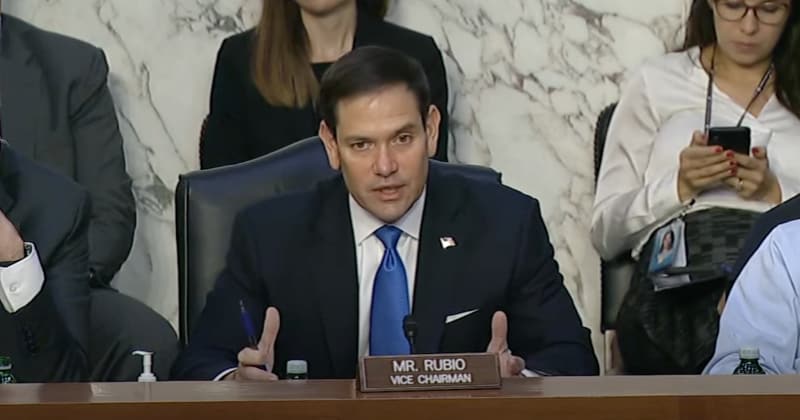This week, U.S. Sen. Marco Rubio, R-Fla., sent a letter to U.S. Department of Commerce Secretary Gina Raimondo urging the department to strengthen and finalize an export-control rule before industry and foreign interests can weaken it further.
“Last October, the Bureau of Industry and Security (BIS) released an interim final rule restricting the transfer of advanced semiconductors and related manufacturing equipment to China. The rule was an attempt to prevent China from acquiring advanced chips, which are essential for the development of cutting-edge technologies such as artificial intelligence (AI) and quantum computing. Nonetheless, many American and foreign firms are circumventing the rule to continue doing business in the Chinese market, while China’s technological development continues to advance, proving that the controls in place are inadequate,” Rubio’s office noted.
The letter is below.
Dear Secretary Raimondo:
I write to inquire about the status and progress of the Bureau of Industry and Security’s (BIS) interim final rule, effective October 7, 2022, which imposes additional export controls on the transfer of certain semiconductors and semiconductor manufacturing equipment to China. As you know, the Chinese Communist Party (CCP), in its October 2020 five-year plan, declared that developing the Chinese semiconductor industry is a top technology priority. Micron, ASML, and other Western chip companies have all publicly disclosed thousands of Chinese attempts to steal intellectual property (IP) and technology to achieve this goal.
The BIS interim rule is a step forward. However, companies are hard at work to weaken and circumvent the rule’s export controls. Nvidia, for example, is creating downgraded versions of its products for the Chinese market to skirt the rule. While these lower-performance chips increase the time and expense for Chinese end users to perform tasks, they are still an improvement over Chinese-produced alternatives, allowing those end users to continue work in advanced fields that threaten our national security, such as Artificial Intelligence (AI). Chinese firms are reportedly bundling lower-performance chips and finding other workarounds to generate the computing power necessary for their work. Other companies, such as Korean chipmaker Samsung, have lobbied for and won special, one-year exemptions from the export controls, allowing business as usual at production facilities in China.
Industry executives believe that these export controls are an annoyance and not a long-term problem for Chinese technology champions. Chinese chipmakers have found similar ways around the rule. ChangXin Memory Technologies, for example, is proceeding with a major expansion after confirming it can purchase American chipmaking equipment used for less-sophisticated products.
The BIS rule needs to be strengthened, finalized, and vigorously enforced. I am therefore concerned by BIS’s apparent lack of progress. Seven months have passed since the rule was issued, and nearly four months since the public comment period ended. That is more than enough time to incorporate feedback and strengthen the export controls in question so they achieve their stated goal. Yet, a final rule has not appeared. As of today, the only update to the rule has been to add Macau to the export controls—correcting an embarrassing oversight since Macau has been a Special Administrative Region of China since 1999.
These errors and delays do not provide confidence that BIS is serious about slowing down, much less stopping, China’s development in advanced technology and exploitation of current export controls. I respectfully request answers to the following questions:
When will BIS issue the final version of the October 7, 2022 export-control rule?
What steps is BIS taking to strengthen this rule so that companies cannot circumvent it to enable China’s progress in AI and other advanced fields?
Has BIS delayed finalizing the rule, which is meant to defend the United States, in order to accommodate Korean chipmakers?
Does BIS plan to grant Korean chipmakers a second, one-year license to give them time to wind down their business in China?
What is the status of Samsung and SK Hynix’s efforts to wind down their operations in China and comply with the interim rule?
Thank you for your prompt attention to these questions.
















